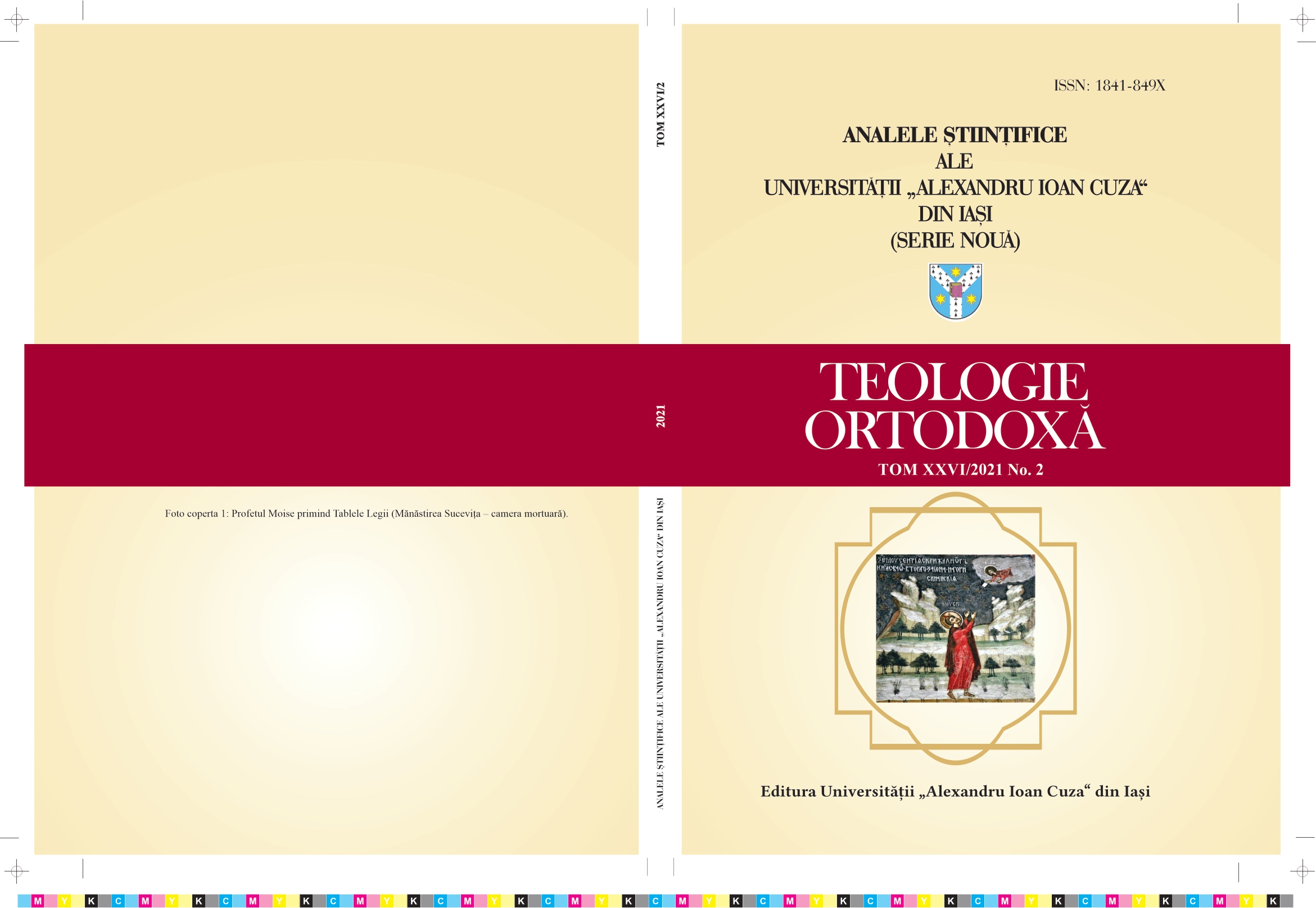Olga SEVASTYANOVA - Humanity as Templum Dei - Back to the Scriptural Account of Human Nature
Olga SEVASTYANOVA
PhD Founding Director of Orthodox Research Institute of St. John Chrysostom, UK
Abstract:
In my paper, I argue that the scriptural image of a human as a temple of God deserves a much more central place in today’s contemporary theology and theological anthropology. There are two reasons to lay special emphasis on the templum Dei account within Christian anthropology nowadays. It becomes particularly urgent in the dialogue with the adherents of evolutionary theory who stumble on the idea of the creation of an ape in the image of God, while they omit the Christological and teleological context of scriptural anthropology. Secondly, the revelation of the extent of our human weakness and fragility in the time of the current pandemic is calling into question the secularized version of the imago Dei account of humans as bearers of divine power independently of God’s quickening presence. This paper explores the scriptural understanding of human nature. I will focus my investigation successively on the three ר֣ ּוח and) neshama (נְ ׁשָׁ מָׁ ה ,(nephesh (נֶפֶ ׁש terms Hebrew (ruah) rendered into English as soul, breath or spirit. I will bring attention to the fact that within the Scriptures the human being is understood as a temporal holder of God’s breath, or the spirit, which is also perceived as life, given to him by God. The account of the human being as a templum Dei emphasises both the spiritual power of a person in Christ and the spiritual poverty of a human without God. Taken in this sense, it provides a more radical understanding, of a human nature that derives its very being from God and is destined to be filled with God. Thus, retaining consciousness of our own spiritual poverty produces stronger consciousness that Christ is within us. It keeps the heart constantly conversing with God and it presses us to constantly observe within ourselves the movement of the Spirit of God, constantly crying “Abba Father” so that God will be dwelling in us. It urges humanity to search for God’s quickening and enlightening presence, discerning that without God we can do nothing
Keywords:
imago Dei, templum Dei, nephesh, neshama, ruah, Scriptural Anthropology
Bibliography:

